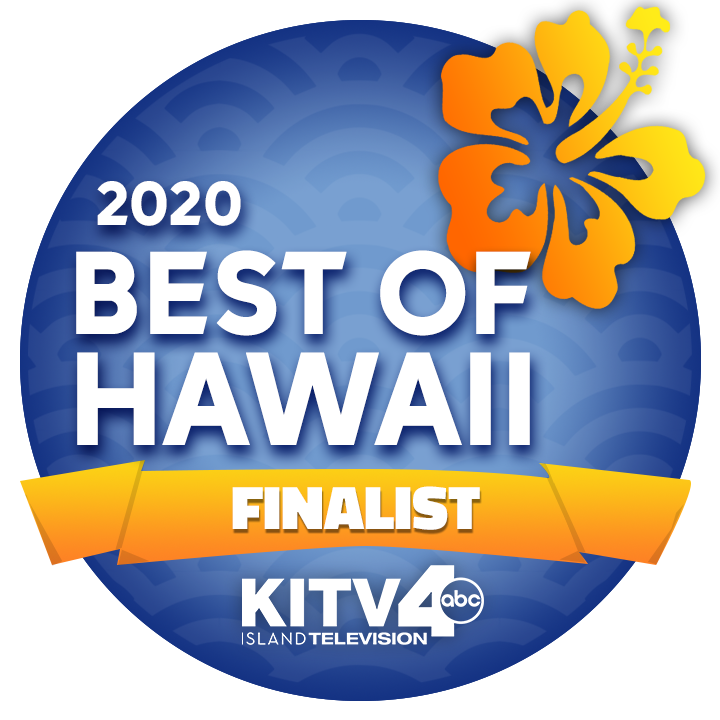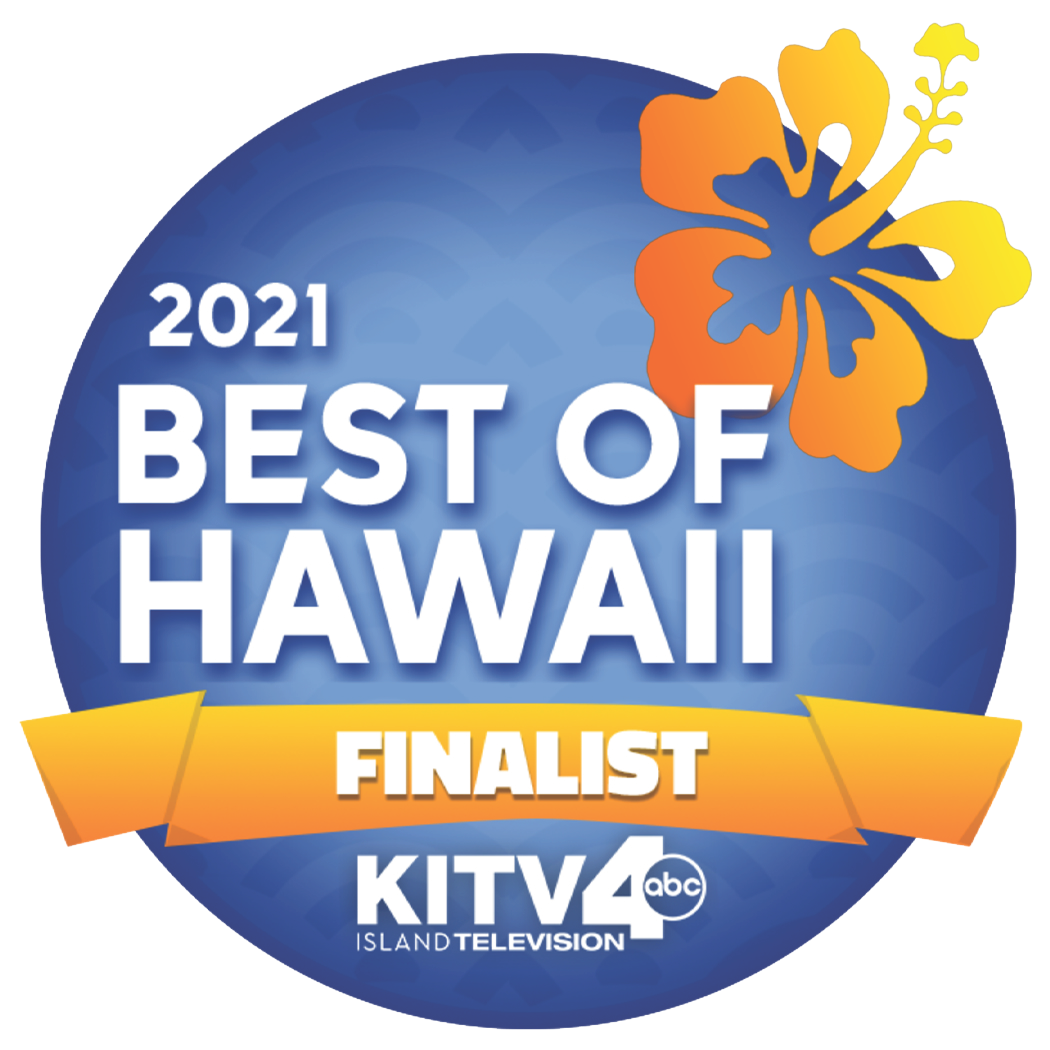Traffic Tickets
Traffic Violations
Traffic violations are also referred to as traffic infractions. If you are cited for a traffic infraction, the citation number usually begins with a prefix of “DTI”.
Traffic violations are traffic offenses that are not punishable by incarceration. Traffic violations have been “decriminalized” and therefore considered to be civil matters typically punishable by a fine or community service. Other possible penalties for traffic violations include:
- Fines
- Court fees
- Community Service
- Course in driver retraining (291C-161(f))
- License suspension or revocation (291C-170)
- SR-22 (administrative process requiring a person holding a driver’s license to provide proof of “high-risk” insurance or have their license suspended)
- While not a court imposed penalty, being found to have committed any traffic violation can potentially increase auto insurance rates.
Traffic violations often do not require you to appear in court and can be resolved through the mail by either submitting payment or by writing a written statement. If you wish to contest a traffic violation in court, there are usually instructions on the back of the citation informing you how to request a court date. However, if your traffic citation indicates the term “court” and gives you a court date, time and location to appear, the ticket cannot be resolved through the mail and you should appear in court or risk having a bench warrant issued for your arrest.
Because traffic violations are considered civil matters and are not punishable by incarceration, you do not have a right to be represented by a public defender. You must contest the violation on your own or hire an attorney to represent you. Also, because traffic violations are civil matters, you will not be found guilty or not guilty. In the case of traffic violations, judgment will be entered either for you or against you.
Common types of traffic violations:
- 291-11.6 Mandatory Use of Seatbelts
- 291C-32 Traffic Control Legend
- 291C-49 Driving on Roadways Laned for Traffic
- 291C-50 Following too closely
- 291C-102 Noncompliance with Speed Limit
These are examples of some of the most common traffic violations. However, there are many traffic crimes which resemble traffic violations and vis versa, therefore you should consult with an attorney to determine whether you have been charged with a traffic violation or a traffic crime.
Note: Directions and instructions for contesting violations, paying fines, etc. are located on the citation itself. Read the entire citation carefully and thoroughly so you do not miss important deadlines or procedures.
Traffic Crimes
If a law enforcement officer has probable cause to believe that a traffic crime has been committed, he or she has the option of either arresting the individual or issuing them a citation with a court date. The citation number for traffic crimes usually begin with the prefix “DTC”.
Common types of traffic crimes:
- 291C-105 Excessive Speeding
- 291E-61 Operating a Vehicle Under the Influence of an Intoxicant (DUI)
- 291C-13 Fleeing the Scene of an Accident Involving an Attended Vehicle or Property
- 291-12 Inattention to Driving
- 291-2 Reckless Driving
Again, you should consult with an attorney to determine whether you have been cited for a traffic infraction/violation or a traffic crime. Many violations resemble traffic crimes and vice versa.
Traffic crimes are primarily classified as petty misdemeanors and misdemeanors.
Definition of a misdemeanor: Hawaii Revised Statutes section 701-107 states, “A crime is a misdemeanor if it is so designated in this Code or in a statute other than this Code enacted subsequent thereto, or if it is defined in a statute other than this Code which provides for a term of imprisonment the maximum of which is one year.”
Definition of a petty misdemeanor: Hawaii Revised Statutes section 701-107 states, “A crime is a petty misdemeanor if it is so designated in this Code or in a statute other than this Code enacted subsequent thereto, or if it is defined by a statute other than this Code that provides that persons convicted thereof may be sentenced to imprisonment for a term not to exceed thirty days.”
The Initial Court Date
Your initial court date is called arraignment and plea. At arraignment and plea, you will be told what you are being charged with. The judge will likely enter a not guilty plea on your behalf and set a future court date. While attending multiple court dates can be a great inconvenience to you, the presiding judge will usually not allow you to plead guilty or no contest to an offense on your initial trial date if you have been cited for a traffic crime because:
- All traffic crimes carry a potential jail sentence and you have a right to be represented by an attorney for any offense that exposes you to the possibility of incarceration.
- Many traffic crimes can be defended and you should be advised of any possible defenses you have prior to pleading guilty or no contest to a traffic crime.
- Pleading guilty or no contest to a criminal traffic crime or being found guilty of a traffic crime will result in a criminal conviction on your record.
Generally, if you have been charged with a misdemeanor traffic crime, the maximum possible penalty is one year of incarceration in addition to possible fines. Any offense that carries a maximum possible penalty of 6 months of incarceration or more vests you with the right to a jury trial. Requesting a jury trial or waiving your right to a jury trial should only be done after consultation with an attorney as there are pros and cons to each. If you choose not to have a jury trial, you may still request a trial before a judge who will render a decision on your guilt or innocence in place of a jury.
**This website is for informational purposes only. Nothing on this website is meant to be or should be construed as legal advice. Before making any decisions about your case, please consult with an attorney as the facts and circumstances of every case is different.





